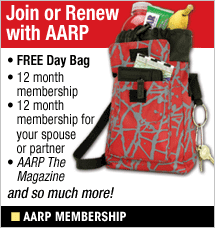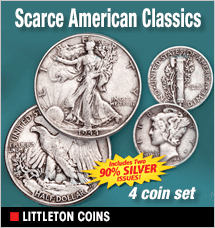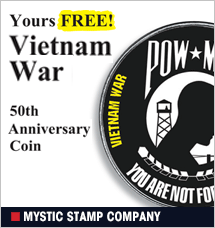
A Facebook friend posted a 60-year-old photo of himself dressed up as a cowboy, pointing his six-shooter at the photographer, while his mates stood on the sidewalk trying to look as tough as Wyatt Earp at the OK Corral. Those innocent faces didn’t scare anyone, then or now. They’ve all grown up and are spending their days replacing bum knees and planning their postponed retirement.
I laughed in recognition of the boys playing lawmen or cowboys. But in my Marine Corps air station neighborhood all the kids, boys and girls, played fighter pilots. An enormous backyard filled the quad behind our homes. We’d take our positions flying in formation, just as we saw overhead, large groups of three aircraft, taking off and maintaining position. With our baby boomer population we could just about fill our backyard-sky with an aerial armada.
The cool night air filled our lungs; it was so easy then to run. Each of us were pilot and aircraft in one body, with sleek, swept wings. But we were all part of the larger organism too. Anticipation grew until our leader, like a Canada goose leading the pack, shouted “BREAK” and we peeled off from the large group, our arms angled and tilting like we were pushing through the air with consequence.
The dogfights began. The unseen enemy was always Japanese and we never crashed. Some ran for cloud cover. Our fighters attacked with rat-a-tat-tats and we knew the mournful whine of the enemy’s flat spin. We always hoped for the best outcome of any battle and only got into trouble if someone’s kid brother fell and scraped a knee.
We Marine Corps brats grew up near tarmacs. Taking Daddy to work often meant a quick trip to the airfield. Mother, still dressed in her robe, threw on a jacket to fool the neighbors in the pre-dawn darkness. Daddy’s uniform would be a flight suit, his helmet wedged between the crook in his arm and his waist. Depending on his trip, he’d have a duffle and zipper bag for a fresh uniform at the end of the line. Some days he’d actually go to an office, his briefcase sprouting papers in triplicate.
Home movies of early days at NAS Patuxent River, Maryland, show my toddler sister running around a dusty yard with her tiny gulled arms ready for flight. The Corsair had recently become operational. Even the littlest marines could feel the energy of flight. It may have helped that the house and yard were dwarfed by a gigantic hangar across the road.
Later, after I was born, every time a jet went overhead we held the kitchen cupboard door closed in readiness for the sonic boom to follow. Dishes rattled and eventually, between so many cross-country moves and sonic booms, had to be replaced.
Our dads were Marine Corps aviators and the entire family was marine. It wasn’t questioned or parsed. It just was. In effect we lived above the store. There was a regimen or protocol for most any occasion. I answered the phone, “Colonel Canavan’s Quarters, Nancy speaking.” Popping in on a neighbor unexpectedly required each member of the family to leave calling cards. Though that simply may have been an antiquated custom. “Yes, Sir!” was the norm. I don’t recall anyone ever saying, “I’m bored.” No one I knew suffered from ennui.
My fifth grade class at Irvine School was enormous. Mr. Rowell tried to instruct us in the echo chamber of a Quonset hut, offset by the roar of a fan. We were taught the guidelines for surviving a nuclear attack and I questioned the wisdom of our hiding underneath our desks in a Quonset hut. Wouldn’t it be safer away from all the metal shards? I’d heard of the dangers of shrapnel. We needed to consider the safety of the whole squadron.



























































